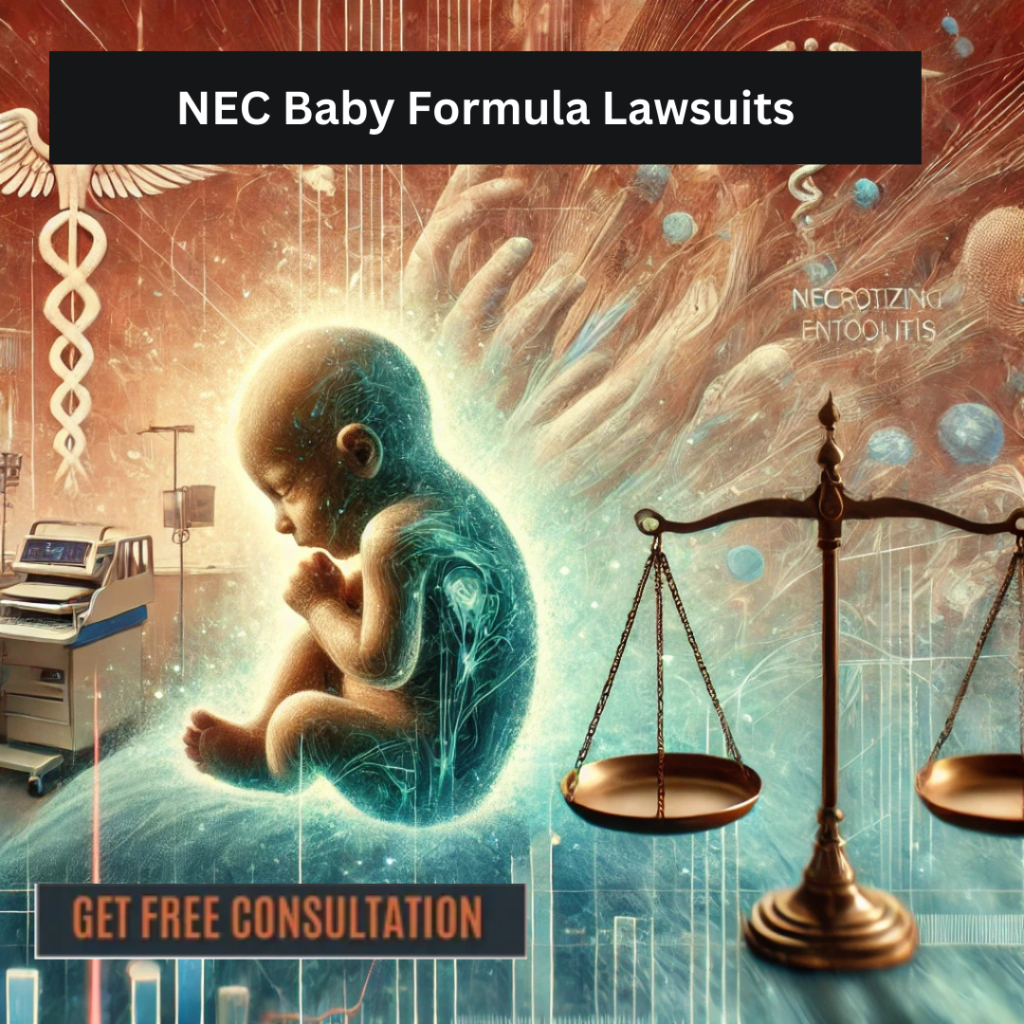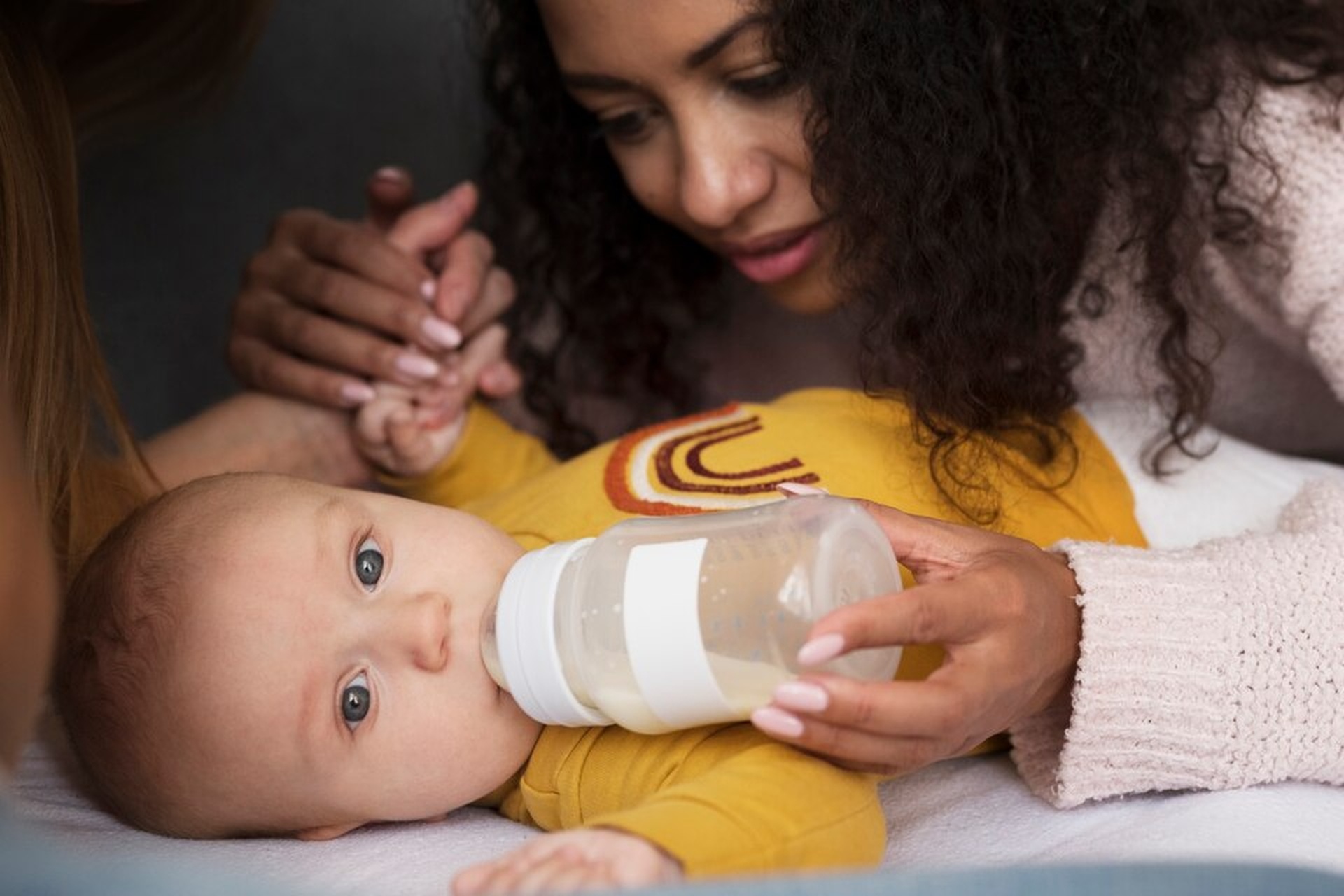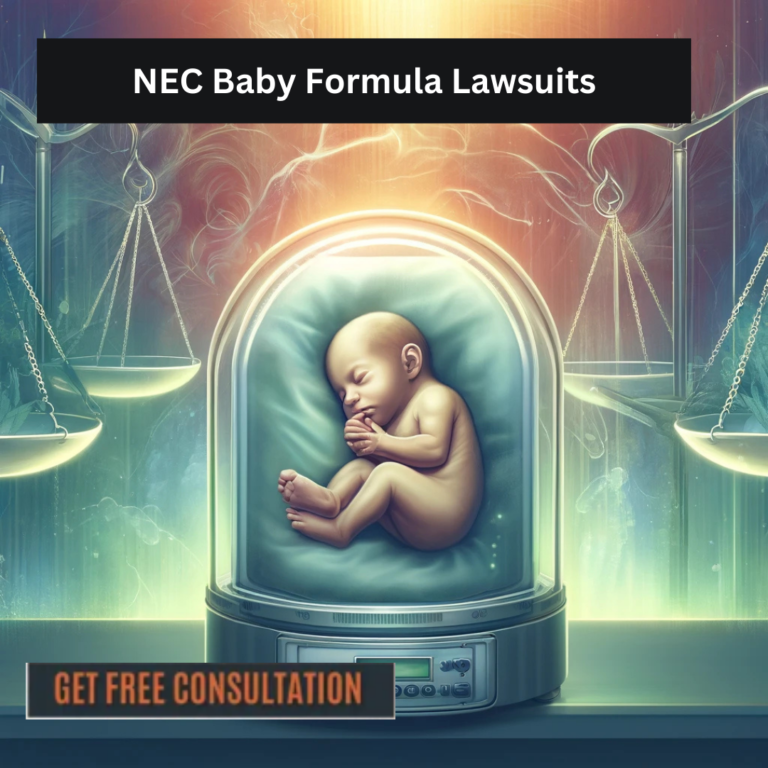The first and foremost thing of concern for any parent would be the health and safety of their baby. The very products that are to nourish and protect their child become a source of risk. This is the situation at the heart of lawsuits involving necrotizing enterocolitis (NEC) and certain baby formulas.
If you’re a parent of a premature infant, or if you know someone affected, then understanding these lawsuits can help you make some informed decisions about your child’s care and legal rights.
What Is NEC and Why Is It Dangerous?
Necrotizing enterocolitis is a severe gastrointestinal condition that involves the intestines of premature babies or low-birth-weight infants. It causes a severe inflammation in the intestinal tissue, which may bring about tissue death, perforations, severe infections, and even death in worse cases. Here are a few key facts about NEC:
Who is at risk?
Premature babies, who are born before 37 weeks or have low birth weight, are most prone to this condition.
Symptoms: Infants with NEC may present with feeding intolerance, abdominal distension, bloody stools, lethargy, or vomiting.
Consequences: NEC has a mortality rate of 20-40%, and survivors often suffer from long-term complications such as intestinal strictures or short bowel syndrome.
Scientific research has demonstrated that feeding preterm infants cow’s milk-based formulas greatly increases their risk of developing NEC compared to those fed exclusively on human milk.
Why Are Baby Formula Manufacturers Being Sued?
The major lawsuits involve claims that manufacturers such as Abbott Laboratories (Similac) and Mead Johnson (Enfamil) made their cow’s milk-based formulas the causes of NEC among premature infants. They claimed that the companies failed to adequately warn the healthcare providers and consumers of the dangers.
Major Allegations
Failure to Warn: Plaintiffs further argue that the manufacturers did not include clear warnings of an increased risk of NEC on their product labels.
Misleading Marketing: Many claims assert that these firms advertised their formulas as being safe for premature infants and implied that they were tantamount to breast milk.
Profit Over Safety: Critics argue that the companies knew through scientific research how these formulas would affect children yet continued selling them without appropriate changes or adequate warnings.
What Families Are Looking for in These Lawsuits
Parents are seeking justice through these lawsuits for the damages their children have suffered from these formulas and are trying to hold manufacturers accountable. It is under product liability law, where companies are made liable for defective or hazardous products.
Compensation Filed
- Medical expenses for treatment for NEC
- Long-term care to treat the child in any future health-related complications
- Emotional distress and mental anguish
- Punitive damages to ensure accountability against manufacturers
Some juries have already delivered huge verdicts. Recently, as of July 2024, a Missouri jury granted the sum of $495 million to a family whose newborn baby developed NEC after using Similac formula inside a neonatal intensive care unit (NICU).
How Do You Know If You Qualify for an NEC Lawsuit?
Your baby was fed cow’s milk-based formula like Similac or Enfamil in a hospital NICU or maternity ward. Here’s what you need to know:
Eligibility Criteria:
- Your baby was born prematurely or with low birth weight.
- Your baby was diagnosed with necrotizing enterocolitis.
- Your baby consumed formula containing cow’s milk protein.
- You have medical records which link the formula to your child’s feeding history.
Even if many years have elapsed since the time of diagnosis with NEC, you can still apply. There are time bars called statutes of limitations that run for such cases. Thus, you need to seek an attorney sooner than later.
What Should Parents Do Next?
If you think your baby has suffered from NEC from the cow’s milk-based formula, here is what you can do:
Gather Evidence:
- Collect medical records of your child’s diagnosis and treatment for NEC.
- Get feeding records from the hospital or NICU which reflect what formula was used.
Consult an Attorney:
- Seek out an experienced product liability attorney who specializes in NEC cases.
- Many legal firms offer free consultations to assist you in understanding your options.
File a Claim:
- Your attorney will help you file a lawsuit against the manufacturers if you qualify.
- The cases may be pursued as individual or as part of MDL, which combines similar cases for efficiency.
Why These Lawsuits Matter
These lawsuits are not just about financial compensation; they are, rather, a call for accountability on the part of corporations and a push toward greater transparency in product safety. By filing lawsuits, families hope to prevent this from happening again and keep infant formula manufacturers focused more on safety than profit.
Frequently Asked Questions
What is necrotizing enterocolitis (NEC)?
NEC is a severe condition of the intestines that affects primarily premature babies. It leads to inflammation and death of tissues in the intestines, which can result in serious complications such as infections or even death.
Which formulas are associated with NEC?
Cow’s milk-based formulas such as Similac by Abbott Laboratories and Enfamil by Mead Johnson have been associated with an increased risk of NEC in premature infants.
How do I know if I qualify for an NEC lawsuit?
You may qualify if your premature baby developed NEC after being fed cow’s milk-based formula in a hospital NICU or maternity ward. Consult an attorney to review your case and determine eligibility.












